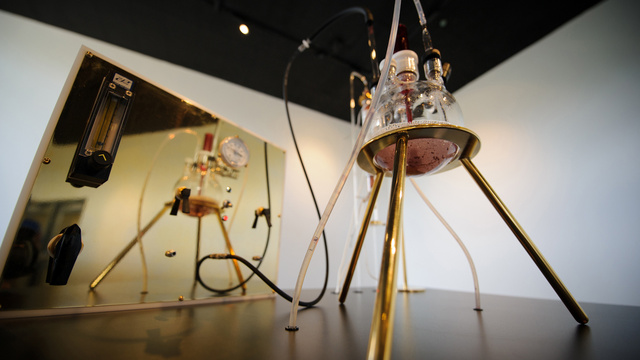
Throughout human history, many have tried to ‘create’ gold from other materials. We popularly know these people as alchemists, none of which succeeded of course. Thanks to the modern understanding of the chemical elements and the ability to use them effectively, gold can indeed be created (or rather extracted) in a lab from other elements. But the procedure is too expensive to be financially profitable.
Researchers at Michigan state university have now been able to use a bacteria to precisely this end. The bacteria in question, Cupriavidus metallidurans (discovered in 1976 in a metal processing factory ), turns gold chloride into pure 24-karat gold. However, the big question is how economically feasible this process is.
Gold chloride is itself a very toxic material for a living organism. However, this particular bacteria is able to withstand surprisingly high levels of a toxic environment. And therein lies its ability to assimilate gold chloride and within a week, convert all of it into pure gold.
What remains to be determined is that what are the costs of performing this process compared to the value of the end-product. Gold chloride does exist in nature but some have argued that given its costs, extracting gold through ‘microbial alchemy’ is futile since the costs outdo the value of resulting gold – unless the price of gold continues to rise steadily, at which point there may be a compelling exploitation argument.